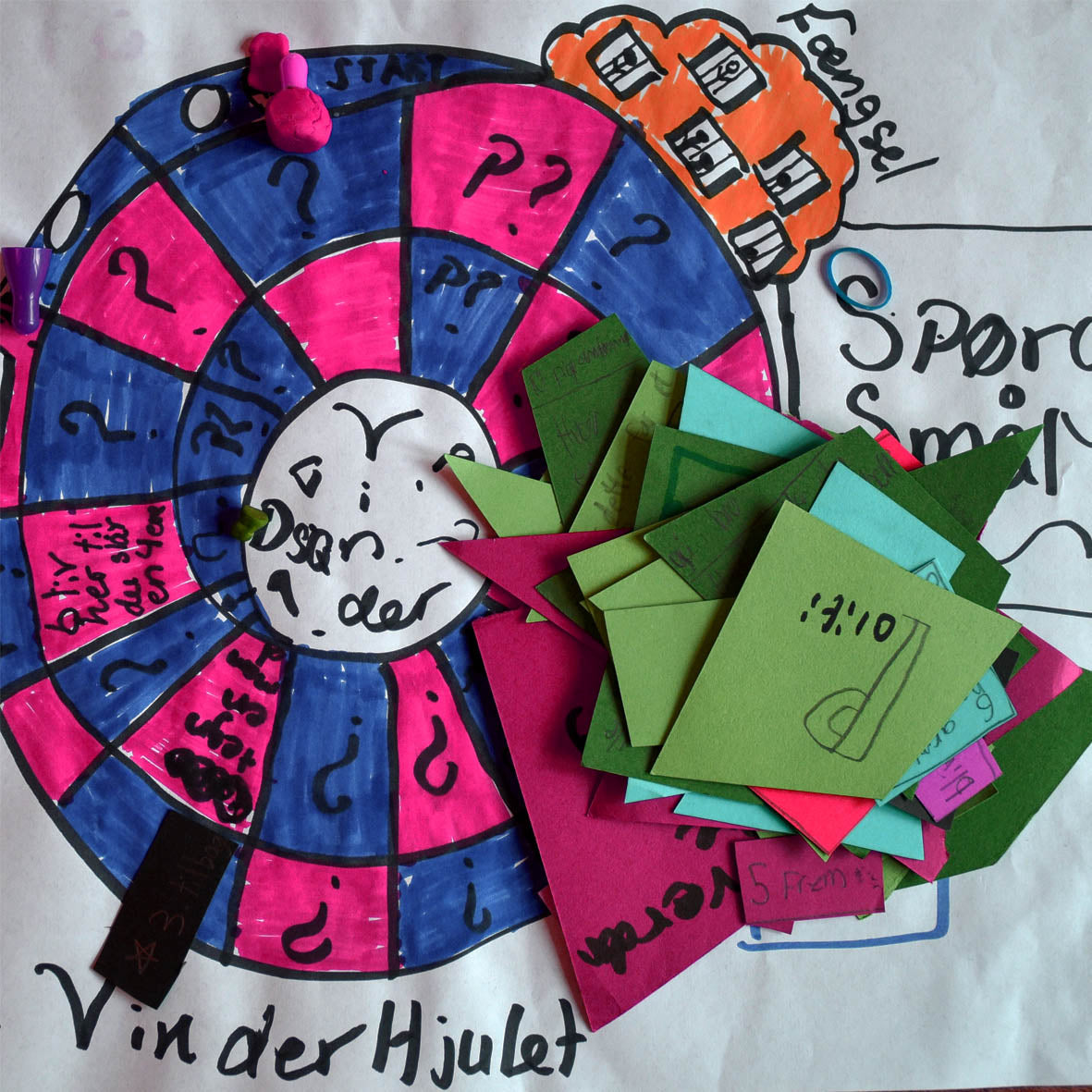Spildesign
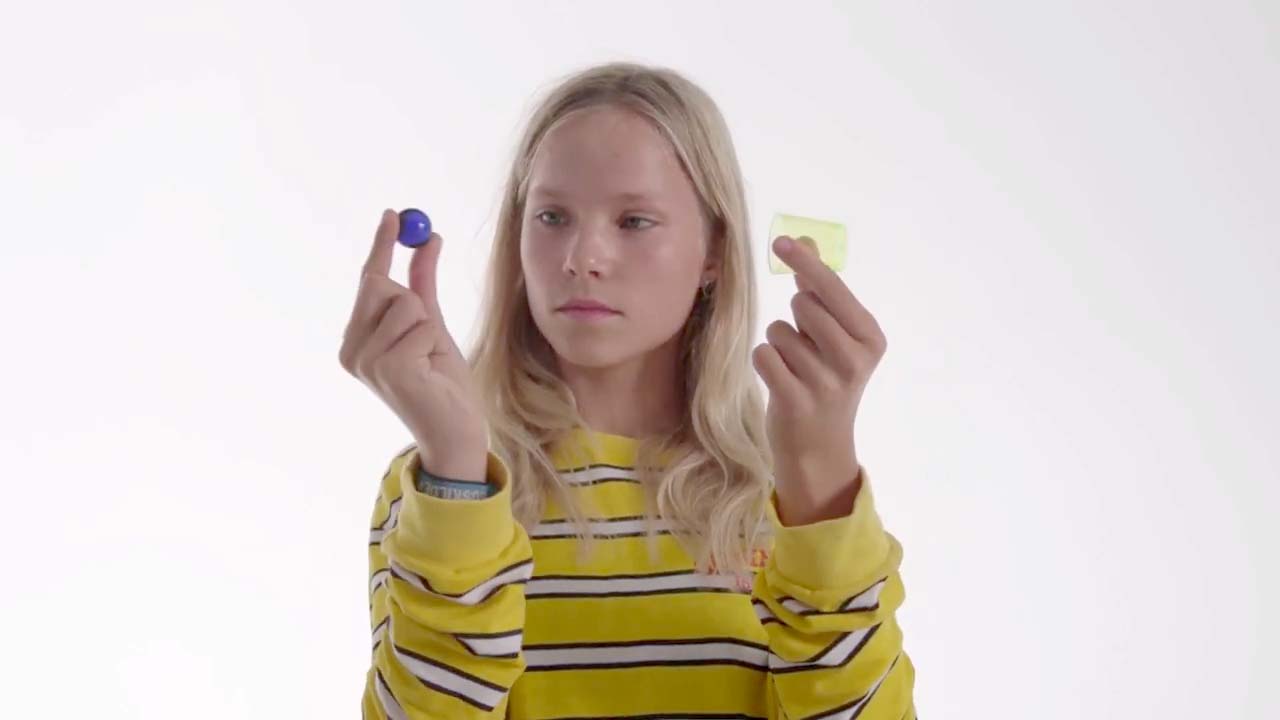
Spil skal testes i virkeligheden
You can't simply think your way to a great game. You can get ideas and imagine how they will work when your players approach them, but guesswork is guesswork. As a game designer, you are deeply dependent on playtesting with people who don't know your game inside out. Only by doing this you will get the honest feedback and observations that can make your game fun, engaging and exciting. Game design is the ultimate user-driven design method, and the end product often lands very far from the original idea.
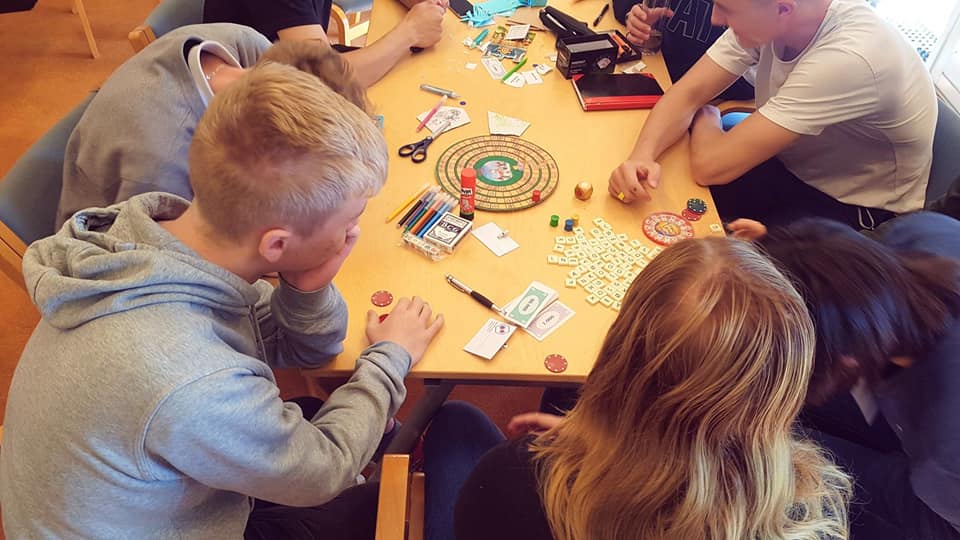
Fra forbruger til skaber
At a time when children and young people are big consumers of technology, we want to turn them into creators. Although there is an increasing focus on children's digital competences, there is often a one-sided focus on technical competences linked to certain software or hardware. In the real world, programmers, designers, graphic artists, copywriters and marketers need to be able to collaborate; across operating systems, disciplines, priorities and work methods. When creating games, it is precisely this complex reality that you navigate. It makes game design a difficult discipline, but an excellent framework for practicing 21st century skills.
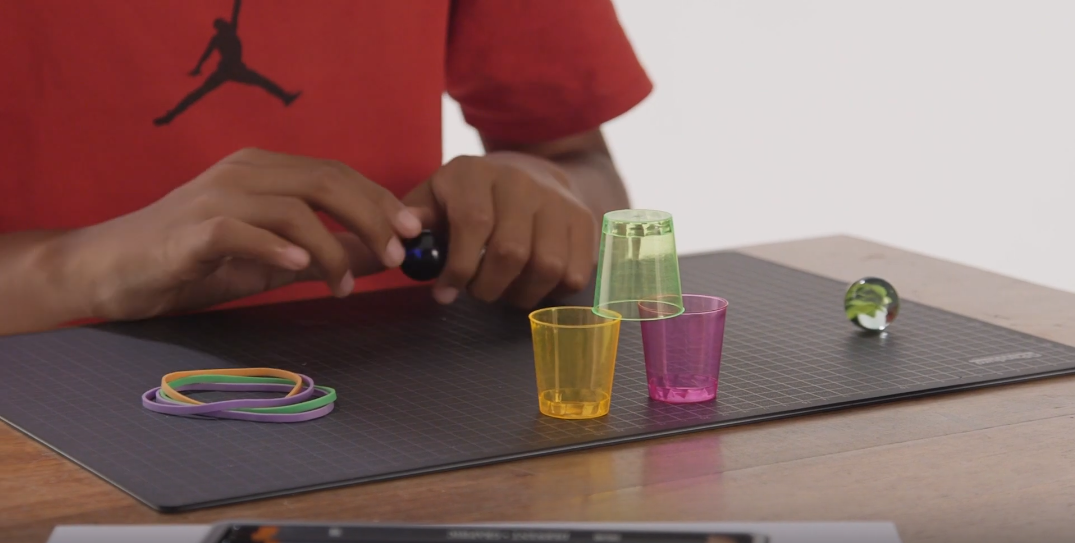
Iterativt design med prototyper
Spilværk was created by game designers, trained at the IT University in Copenhagen. However, it is not the computer that is in focus when we do workshops and courses. Design thinking is a skill that can be learned using very simple props, but can be transferred to almost anything once you know the method. Even if the final product needs a computer, the idea must first be tested with prototypes: Sketches, cardboard models, drafts, dummies. The prototype is tested, the results are analyzed and a new improved prototype is developed. The design process is iterative - it requires repetition to reach the goal.
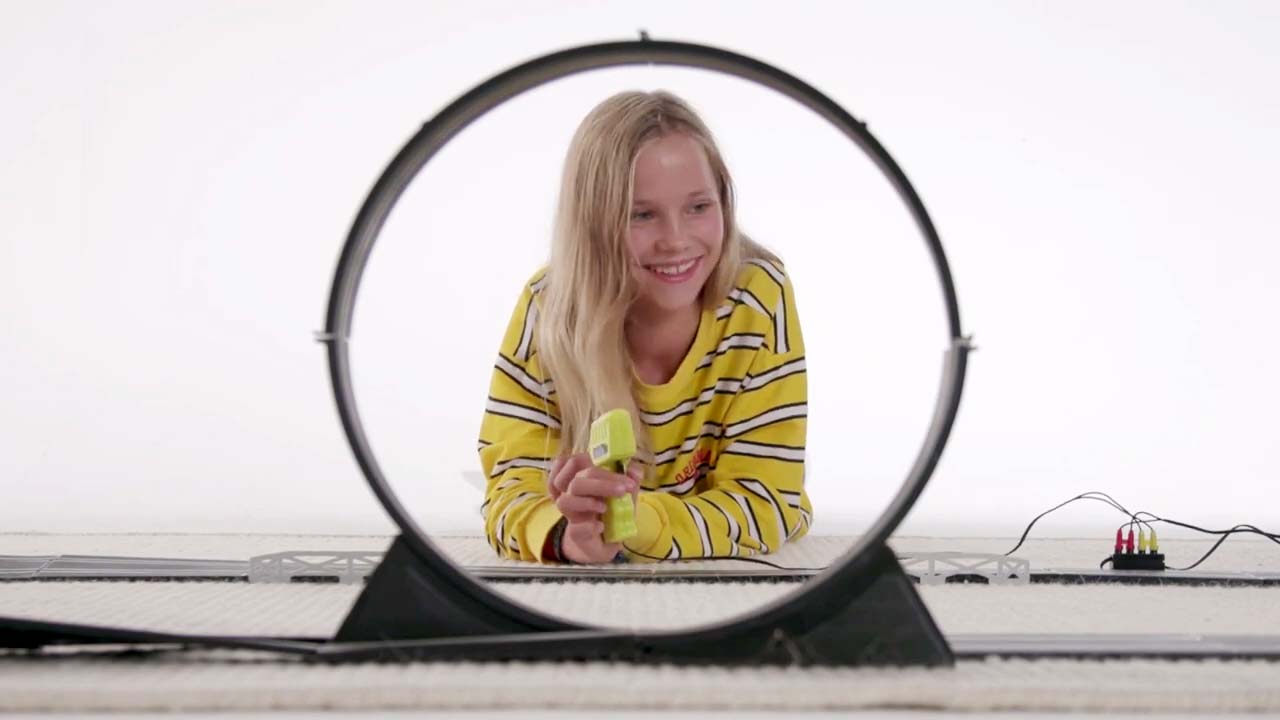
Fejlmodighed mod præstationsangst
In addition to resulting in a better end product, we experience increased well-being when people work iteratively and are trained to fail faster, regardless of whether they are children or adults. That the first handful of prototypes fail is to be expected when trying to invent something new. By articulating the naturalness of mistakes, performance anxiety is reduced, while the appetite for experimentation is strengthened. Especially in the school world, where teaching is often tied to tests and learning objectives, we see a great need to work with students' own ideas and make them more courageous. It is precisely there that we find the desire to learn, experiment and explore new ideas, regardless of whether you are building a game, a film or a pair of rocket boots.

